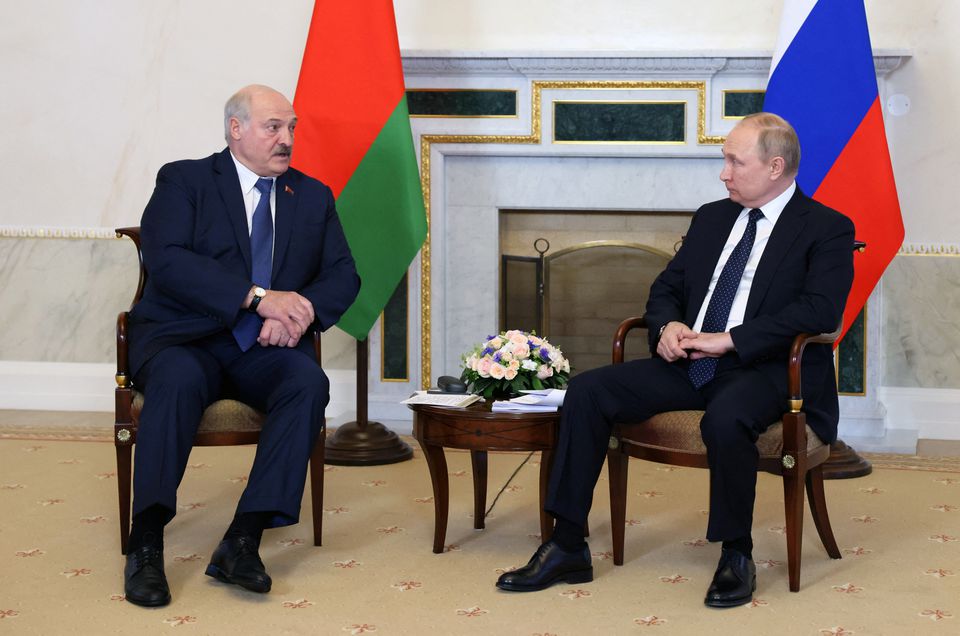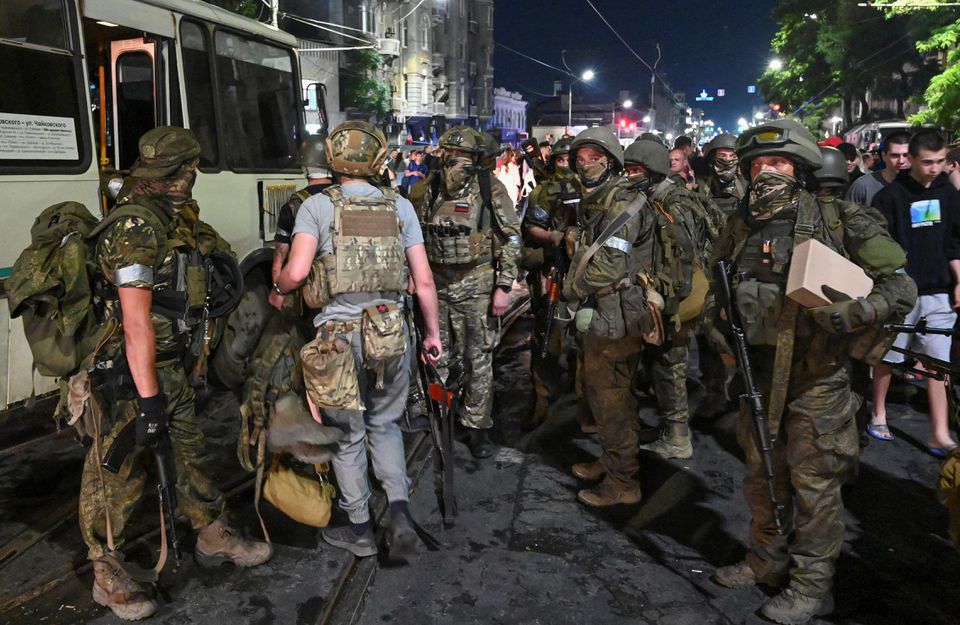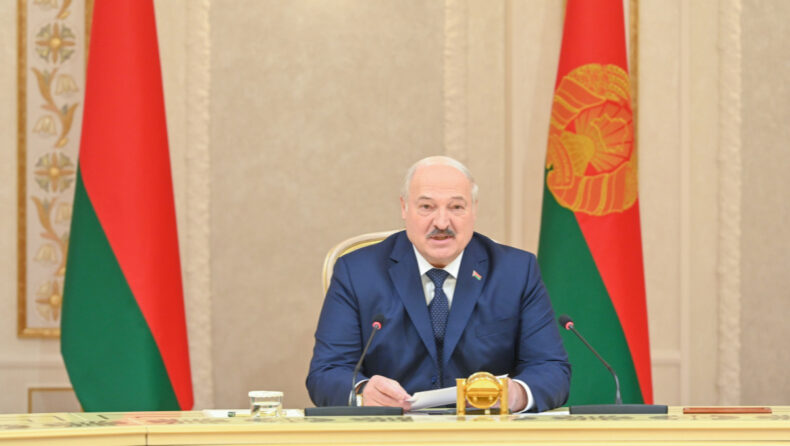In his Independence Day speech on Friday, Belarusian President Alexander Lukashenko invited the Wagner Group mercenaries to Belarus to train his military. The state news agency BelTA reported this significant development, which comes just a week after Lukashenko played a key role as a negotiator between Wagner’s chief, Yevgeny Prigozhin, and Russian President Vladimir Putin, successfully averting a mutiny by Wagner forces against Moscow.
Highlighting His Role as a Negotiator in Curbing the Coup

During his Independence Day address, President Lukashenko emphasized his pivotal role in curbing the rebellion of Wagner troops against Putin and Moscow. In a report published by BelTA, Lukashenko explicitly stated that Wagner mercenaries are currently not present in Belarus. However, he extended an open invitation to their instructors, suggesting that if they were to approach Belarus and share their combat experience, his military would eagerly embrace the opportunity to learn from them.
The Belarusian President lauded the mercenaries for their exceptional training, expressing the belief that Belarus harboured no fear towards them. Lukashenko regarded these individuals as experienced military personnel who had engaged in conflicts worldwide, fighting for what he referred to as a “normal civilization.” He also alluded to the West’s hatred towards them due to their unwavering spirit.
Accusations Against the West
Lukashenko did not mince words when criticizing Western politicians, accusing them of pushing Europe towards a potential nuclear showdown. He pointed out that the European Union and the United States had rapidly armed Poland, effectively turning it into a “proxy training ground.” His speech shed light on the presence of Russian tactical nuclear weapons deployed in Belarus, a move Lukashenko deemed as his “firmest initiative.” Nevertheless, he reiterated his strong conviction that there would never be a need to utilize those nuclear weapons, as their mere existence would serve as a powerful deterrent, ensuring the enemy would never dare invade Belarusian territory.
The Future of Wagner Mercenaries

In the aftermath of the failed coup attempt against Moscow, Yevgeny Prigozhin, the head of Wagner, exiled Russia to Belarus. Lukashenko confirmed Prigozhin’s presence in Belarus on Tuesday. However, no visual evidence of his whereabouts has surfaced since he departed from the Rostov-on-Don military headquarters following the failed rebellion.
The future of the Wagner mercenaries now hangs in the balance after these unprecedented events. While initial reports suggested that the Russian government might disband the group, a recent BBC report indicated that the Wagner Group is still actively recruiting fighters throughout Russia. Russian President Vladimir Putin, following the failed mutiny, announced that the Wagner mercenaries would not face prosecution. Instead, they would have the choice to either join the Russian army, return home, or relocate to Belarus.
Reports of Wagner Camps Being Constructed in Belarus
The most recent reports emerging from Belarus present satellite images that suggest the establishment of a camp for Wagner mercenaries. Belarusian media outlets covered the renovation of a former military unit located in the village of Tsel, Asipovichy district, on June 27. The site, approximately 90 kilometres from Minsk, was previously home to Belarus’ 465th Missile Brigade until its relocation in 2018.
BBC has authenticated a satellite image from June 27, reported by Radio Free Europe, revealing the construction of military camps in a decommissioned military base in Asipovichy. Russian media outlet Verstka, citing regional sources, reported that the military camp would span 24,000 square meters and would be designed to accommodate 8,000 beds.
Neither the Wagner commanders nor Prigozhin has made any comments regarding the presence of troops in Belarusian territory.
Being labelled as “Europe’s last dictator,” the possibility of hosting a military group like Wagner could significantly enhance Lukashenko’s political influence, creating substantial ramifications for both Belarus and the region.













